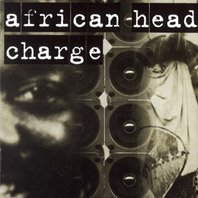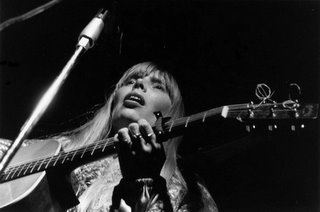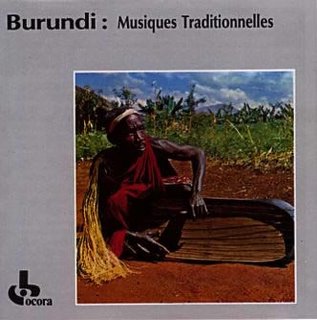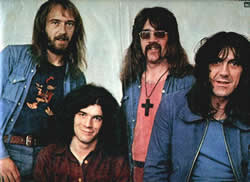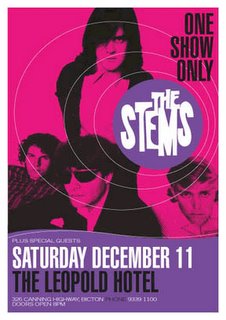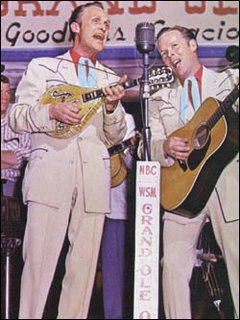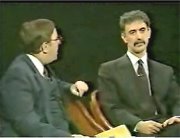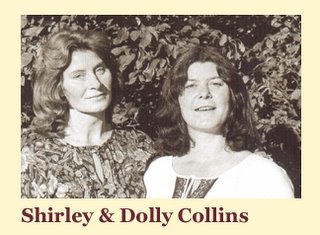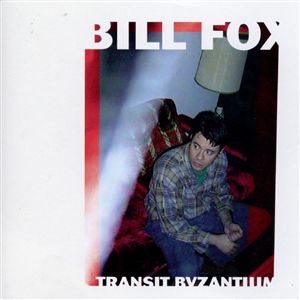
Warning: For the past two weeks I have been doing nothing but drinking whiskey, listening to my “Rhythm & Booze” compilation, delta blues and any recordings produced by Dr. Dre. And I just had me a vision, my people. I looked back into the past, and I looked to the East and the North and especially the South. Now I’m ready to write. I’m crazy. Here I go:
Since at least the 1930's, a war has been waged in popular music. This is the battle between The Cool People and the Squares. It’s true. Think about Skip James and Robert Johnson. They sang crazy, sometimes disjointed lyrics about these topics in the 1930's:
the devil,
guns, cars,
booze, sex and juke joints. They sing about these things because they are Cool. You have a good time by engaging in any combination of one or more of the above. All these things are potentially dangerous, which is where the fun is. This is what makes perpetually interesting content for popular music. In
Terraplane Blues, Robert Johnson sings simultaneously about a woman and a car: “I'm on'h'ist your hood, mama/I'm bound to check your oil...And when I mash down on your little starter/then your spark plug will give me fire.”
Fighting against the blues singers were the prohibitionists and the preachers. They were Squares, baby, all of them. Strictly L7. They tried to take the fun away and replace it with righteousness. It was war. Fast forward to 1981 for a second and listen to Jeffrey Lee Pierce channel Robert Johnson in Gun Club’s version of
Preaching The Blues: “I’m gonna be a Baptist preacher/So I won’t have to work.” Jeffrey knew the deal. As Gun Club drummer Terry Graham wrote, “what Jeff liked about obscure American culture were the constant references to sex, death booze, drugs violence, the road, sex (sic), random acts of self-destruction and non-stop loneliness.”
Things continued along these lines until the 50's, when the stakes were suddenly raised. By now the guys singing about chicks, cars, whiskey, etc. were rockabilly artists and R&B artists. The cars were faster and more beautiful. They were
Somethin’ Else, in the words of Eddie Cochran. Young white suburban kids began to dig what was Cool. Rock-n-roll was born, Daddio. Preachers were threatened by its devilish beat. Sermons were screamed about the evils of rock-n-roll. Records were smashed. Radio stations were censored. Television cameras were angled to cover up the naughty action. Young White America was becoming Cool. Now the Squares were really angry.
Here’s how Gary Stewart of Rhino Records put it in his essay for the “Loud, Fast & Out Of Control” box set: “It was music that was made for teenagers and scared the hell out of adults; it was taboo-shattering music about-gasp-sex and racial commingling. That’s why records were burned, censorship laws were passed and some lives were ruined. Because this was the devil’s music, and it was threatening the status quo.”
Filmmaker David Lynch would borrow a lot from this era. For example, Willem Dafoe’s character Bobby Peru in the film Wild At Heart quotes this Joe Turner line: “I’m like a one-eyed cat peepin’ in a seafood store...” Very naughty. Lynch understood the funny and shocking content of 50's rock. This is a long way from Happy Days.
The struggle went on like this for a few years. But then things got really fucked up. These suburban white kids put away their Eddie Cochran records and went off to college. Now we all know school is for Squares, baby. There at college the kids fell under the influence of a new crypto variation on the Square: The Folk Singer. Ah, folk singers. They play music so they’re cool, right? So well meaning and nice too. So caring in their politics. They sang what Greil Marcus calls “pageants of righteousness.” Yes, they did good things. They are do-gooders. I’m sure I would agree with their politics. But what I want to hear in Washington and what I want to hear on the jukebox are two very different things. The problem is, a lot of the folkies have no business making music because they are Squares in disguise. They pretended to go back to the “pure” folk and blues traditions of the 30's and update the struggles of the common man in a new early 60's civil rights struggle. But the thing is, a lot of those folk singers back in the 30's were actually just singing about whiskey and the devil. The folk movement tried to use the Cool for their own well-meaning political agenda.
And of course it didn’t work. Who honestly and un-ironically likes The Kingston Trio? Pete Seeger? Come on. It’s just too holy, too pure and too Square. At this point I should mention Bob Dylan. Dylan himself had a rock-n-roll band in high school. Then he too went off to college and got into folk and blues. However, as Marcus points out in Invisible Republic, Dylan actually understood the crazy, non-sensical, mysterious and very impure origins of real folk music. He knew about the music that didn’t help anyone’s political cause. That’s why he didn’t stay a pure folk artist for very long. He used the folk scene to get by for awhile, but then he returned to the side of the Cool when he went electric and got weird. Check him out by 1965, rocking the polka dots and Fro. He’s Cool again, returning to his high school rock-n-roll essence.

Sadly, by the late 60s rock-n-roll itself was taken over by the do-gooders. Sure, Jefferson Airplane sang about drugs, which are totally Cool. But rock-n-roll became about Stopping The War and overtly fighting Racism and all these other good causes.
Still, there were a few real rock-n-rollers who kept the Cool flame burning in the 70's and 80's. Meet the Cramps. They more than any other group understood what is Cool. They have an album called “Bad Music For Bad People,” a title that boils down the definition of Cool music to its essence.
Also you had bands like Black Sabbath and Motley Crue singing about good times and the devil, with varying quality. The Squares hated them, yes, but their music didn’t always do justice to the Cools who came before them. The Supersuckers rose up in the 90s, and resolved to sing exclusively about liquor, drugs, sex, gambling and killing. And it was good. Then the war changed venues again. Rock was off the hook.
Record exec to Eminem, on the topic of his new album: “I can’t sell this fucking record...You know why Dre’s record was so successful? He’s rapping about big-screen TVs, blunts, 40's and bitches. You’re rapping about homosexuals and Vicodin!”
In the 00's you have the very same battle going on in rap music. What are Dr. Dre, Snoop Dogg and 50 Cent and so many others rapping about? Sex, ecstasy, Chronic,
rum, gin, knives and guns. It's that familiar song that’s been around for at least 70 years. The Squares haven’t given up either. When 50 makes a movie it’s the Squares who say he can’t have a gun in his hand in the promotional billboard.
Yeah, well that’s my crazy drunken rant. I could go on, but you get it. Thanks for listening. I’m almost sober now. I best be going. Tune in next week when I reconsider my trash-talking of Pete Seeger while reflecting on the new Kevin Federline album.
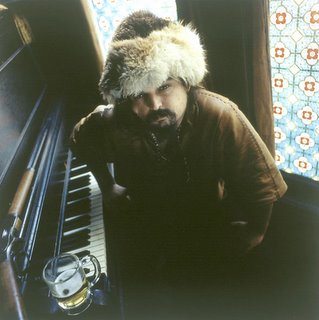 I have to be careful here. Threading the needle of history, both personal and worldly, is never harder than when you're dredging up a band as tired with cliche and sulphurous with associations as ... well, I can't even say it. Let's do like the Jews and not say it: The Gr-teful D-ad.
I have to be careful here. Threading the needle of history, both personal and worldly, is never harder than when you're dredging up a band as tired with cliche and sulphurous with associations as ... well, I can't even say it. Let's do like the Jews and not say it: The Gr-teful D-ad. 
